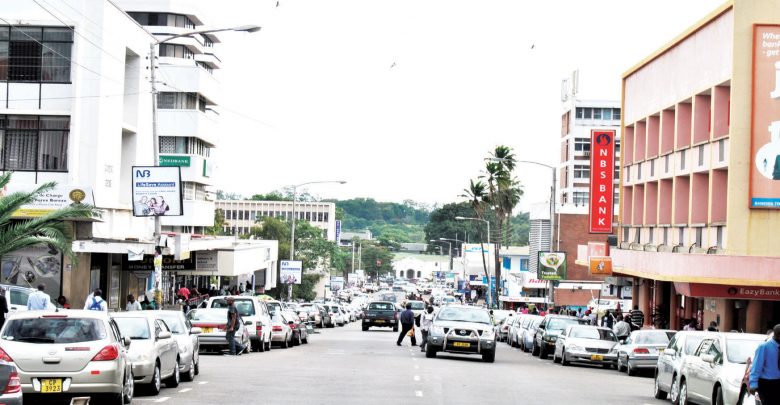
Reserve Bank of Malawi Defends ‘High’ Cost of Borrowing

Reserve Bank of Malawi (RBM) Deputy Governor Grant Kabango Tuesday defended the prevailing high policy rate in the country, currently at 12 percent, saying lowering it at the moment could be inflationary.
Kabango said this in Lilongwe when he responded to a concern from business captains during a panel discussion on financing the Malawi 2063 on the second day of the 2021 National Development Conference.
The National Planning Commission estimates that Malawi would need about $15 billion [about K12.3 trillion] to finance the first 10-year Malawi Implementation Plan (MIP-1) of Malawi 2063, which seeks to make Malawi a lower-middle income economy by 2030 while achieving the United Nations Sustainable Development Goals.
During the conference, Power Market Chief Executive Officer Rosemary Mkandawire observed that the high cost of borrowing on the local scene was forcing businesses to seek financing offshore.
Kabango said a policy rate could either be increased or slashed depending on the macro-economic fundamentals prevailing at a particular time.
He said policy rate is at 12 percent because the prevailing macroeconomic fundamentals point to that level of cost of borrowing and that reducing it could be inflationary and counterproductive to the financial stability goal.
Kabango observed that the cost of borrowing had been declining in recent years and the authorities would consider lowering it even further when the macroeconomic fundamentals were right.
He was quick to note that offshore financing could appear to be cheaper but becomes costly when the exchange rate is factored in.
“When you compare the policy rate at 12 percent and what you get when you borrow funds offshore, the offshore borrowing might seem to be low but don’t forget that there is a multiplier effect when you have to repay because the exchange rate factor has not been taken on board.
“So, yes, you may borrow at three, four, five or six percent out there but when it comes to paying back, the exchange rate could be a threat you did not think about the time you borrowed. So we try to put a balance to those elements,” Kabango said.
During the panel discussion, Malawi Stock Exchange Chief Executive Officer John Kamanga told the gathering that the cost of borrowing on the capital market via the equity space is around three to five percent and that, on the fixed income platform, the average cost of raising capital ranges between 10 and 18 percent.
Kamanga said the stock market was geared to help Malawian firms and State-owned enterprises raise the much-needed capital to invest in projects which would help in the realisation of Malawi 2063.
SOURCE: THE TIMES GROUP